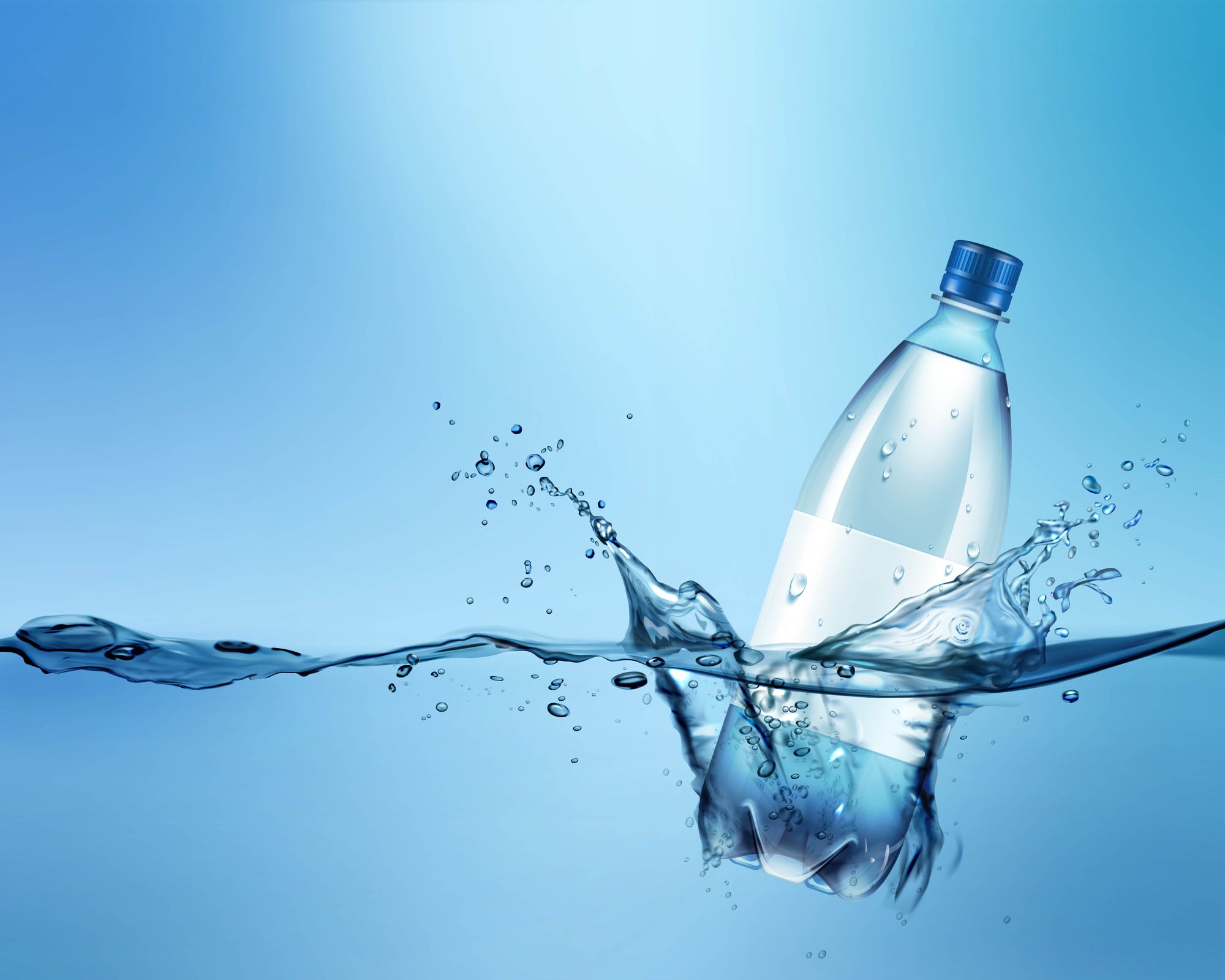
Beverage
Iran’s beverage export sector is a growing component of its economy, reflecting both traditional and modern influences. The country exports a variety of beverages, including soft drinks, fruit juices, mineral water, and non-alcoholic beers. One of the leading companies in this sector is Alis Holding, which produces a wide range of beverages such as carbonated juices, energy drinks, dairy-based drinks, and soft drinks. Alis Holding emphasizes high-quality production and uses advanced technology to ensure their products meet international standards (نمایشگاه بین المللی ایران اکسپو 1403) (عالیس).
Iran’s food and beverage industry is substantial, with the market estimated to reach USD 64 billion by 2026. This sector is growing at a rate of 1.2% annually, supported by increasing demand for processed foods, dairy products, and confectionery. The Iranian government encourages foreign investment through initiatives such as the Foreign Investment Promotion and Protection Act (FIPPA), which offers tax exemptions and other incentives to investors (Foodex Iran).
Iran Expo 2024, scheduled from April 27 to May 1, is set to showcase the country’s export capabilities, including its beverage sector. This event will feature over 800 Iranian companies and is expected to attract more than 3,500 international businesses from 120 countries. The expo aims to foster trade agreements and partnerships, highlighting Iran’s potential as a significant player in the global market (نمایشگاه بین المللی ایران اکسپو 1403) (نمایشگاه بین المللی ایران اکسپو 1403).
Overall, Iran’s beverage industry is poised for further growth, driven by both domestic production and international trade opportunities.
Purchasing beverages from Iran offers several compelling advantages:
High-Quality Products: Iranian beverage producers, like Alis Holding, utilize advanced technology and high standards to ensure the quality of their products. This includes a variety of beverages such as carbonated juices, energy drinks, dairy-based drinks, and mineral waters (نمایشگاه بین المللی ایران اکسپو 1403) (عالیس).
Diverse and Unique Flavors: Iran has a rich food and beverage culture with unique flavors that can add diversity to international markets. The range includes traditional beverages, non-alcoholic beers, and fruit juices that are less common in Western markets (نمایشگاه بین المللی ایران اکسپو 1403).
Competitive Pricing: Due to lower production costs, Iranian beverages can be competitively priced compared to those from other countries, making them an attractive option for both retailers and consumers looking for quality at a lower cost (عالیس).
Sustainable and Ethical Production: Many Iranian companies are committed to sustainable practices and enhancing health standards. Alis Holding, for example, focuses on environmental preservation and health, which can be appealing to ethically conscious consumers (عالیس).
Government Support and Stability: The Iranian government has been actively supporting the food and beverage industry through initiatives like the Foreign Investment Promotion and Protection Act (FIPPA), which ensures legal and financial protections for foreign investors. This governmental support helps create a stable environment for trade (Foodex Iran).
Growing Market and Export Capabilities: Iran is expanding its presence in global markets, with significant events like Iran Expo 2024 showcasing its export potential. This expo attracts international buyers and investors, highlighting Iran’s capability to meet global demand and standards (نمایشگاه بین المللی ایران اکسپو 1403) (نمایشگاه بین المللی ایران اکسپو 1403).
By buying beverages from Iran, you can access high-quality, unique products at competitive prices, while also supporting sustainable and ethical production practices.
Iran has been making strides in the mineral water export market, leveraging its rich natural resources and high-quality production standards. Here are some compelling reasons to consider Iranian mineral water for your import needs:
Quality and Purity: Iranian mineral water, such as that from companies like Damavand, is sourced from natural springs and undergoes rigorous quality control to ensure purity. The water is often bottled using advanced European technology, ensuring that it meets international standards.
Competitive Pricing: The retail price of Iranian mineral water ranges between $0.24 and $0.44 per kilogram, making it an affordable option compared to many global competitors. This competitive pricing does not come at the cost of quality, making it a cost-effective choice for consumers (Selina Wamucii) (IndexBox).
Growing Market: Iran’s mineral water market has shown significant growth over the past decade. The demand for bottled water is increasing domestically and internationally, positioning Iranian producers well for export opportunities (IndexBox).
Reputable Brands: Companies like Damavand Mineral Water are well-established, with a history dating back to 1973. Despite some challenges in the past, such as addressing microbial concerns, they have maintained a strong market presence and are continuously improving their processes to ensure safety and quality (Wikipedia).
Environmental and Health Considerations: Iranian mineral water companies are increasingly focusing on sustainable practices and ensuring their products are free from contaminants. This commitment to health and environmental standards makes Iranian mineral water a reliable choice for health-conscious consumers (Wikipedia).
In summary, Iranian mineral water offers a blend of quality, affordability, and growing market reliability. It’s a strong contender for businesses looking to import high-quality mineral water at competitive prices.

